Electrician Selebke Kalenbek recalled his near-death experience on a mountain ridge 14 years ago as if it had happened yesterday.
After installing a new electrical circuit for a local villager, the 48-year-old meandered along a narrow mountain trail with his horse. Suddenly, an avalanche sent a large mass of snow down, pushing him and his horse to the bottom of the pass.
"The part of my body below my chest was numb and my horse couldn't move either," he said of the incident in January 2007. "I was scared to death. I thought I would never see my wife and children again. I cried."
Amid the howling of wolves, he groped for the foot buckle used for climbing telephone poles, and gradually dug the snow away. He eventually removed enough snow so that the horse could wriggle its body and free itself.
Selebke Kalenbek and the horse returned to the power supply station at about 5 am. He lit a fire, got forage for the horse and covered it with a coat before taking off his shoes and warming himself.
Selebke Kalenbek is also head of the power supply station of Terekti township run by State Grid Xinjiang Electric Power, located in the Xinjiang Uygur autonomous region.
Called a "carrier of light" by locals, he has been at the station for over 18 years, guaranteeing the power supply, creating awareness about electricity usage and doing chores for local herders, like installing light fittings and fixing fuses.
The township was connected to the power grid in 2003, and since then local herders have enjoyed access to electricity. However, the high-voltage lines crossing the mountainous area are vulnerable to lightning, avalanches and floods and require routine maintenance.
Selebke Kalenbek volunteered to fill the vacancy 18 years ago. When he left his home and came to the township he had no work colleagues or a place to live and his horse was his only companion.
Each day he rode to inspect village power lines and help herders when their power supply failed or their houses needed a new light fitting or power switch.
"At that time, locals had poor safety awareness about electricity usage. I was afraid that they would have safety problems, so I was at their beck and call no matter how trivial the issue was," he said.
However, work wasn't without its dangers. The 2007 avalanche happened after he had helped install an electric circuit in the home of Qadat Qyidula.
"It took me several years to learn that he almost died when he returned that night," said Qadat Qyidula, 69, who raised his two grandchildren on his basic living allowance after both his son and wife died.
After learning of his plight, the electricity worker regularly visited Qadat Qyidula and his grandchildren to lend a helping hand, bringing them bags of flour and money.
Through the years, Selebke Kalenbek has befriended the locals. Every time he visits their houses, he is usually offered a cup of hot milk tea and a doughnut-like treat.
He is also familiar with the difficult terrain, which includes zigzagging paths and pitfalls hidden by snow.
"Don't walk in the middle between the birch tree and the redwood tree during winter as there is a snow-covered pit in between and you will fall into it," Selebke Kalenbek told one colleague about a tricky spot.
Currently, he has three colleagues, and his mode of transportation changed from horse to a snowmobile in 2019, slashing his patrolling time from 15 hours to two.
Selebke Kalenbek said the patrols give him the most job satisfaction. "We patrol the villages as usual to ensure the power supply for the locals," he said.




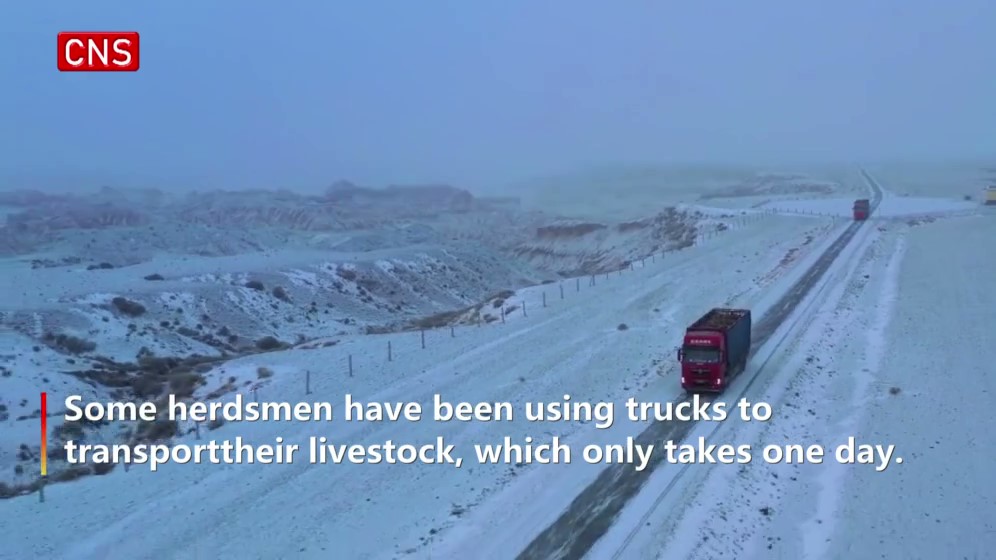




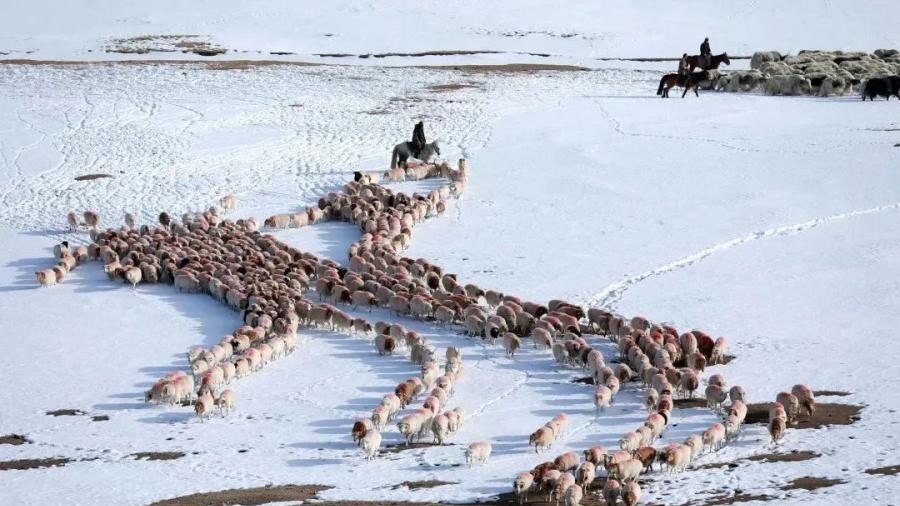

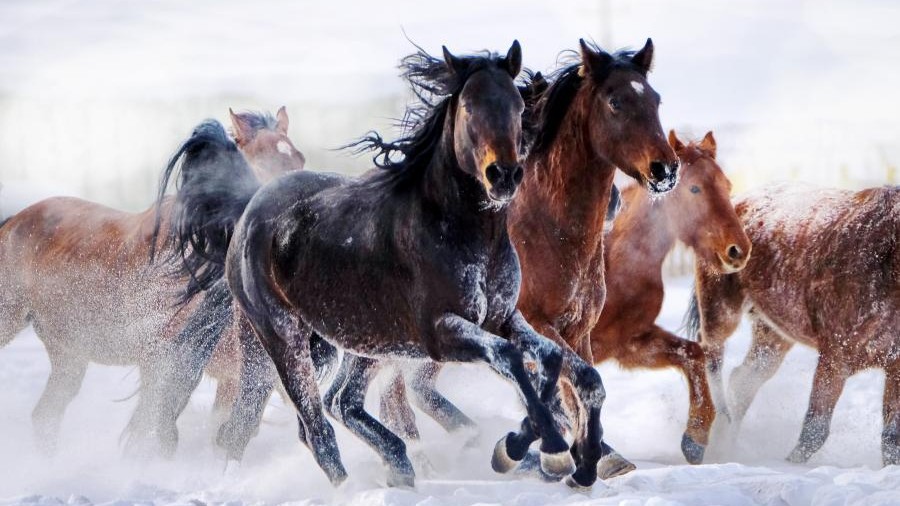


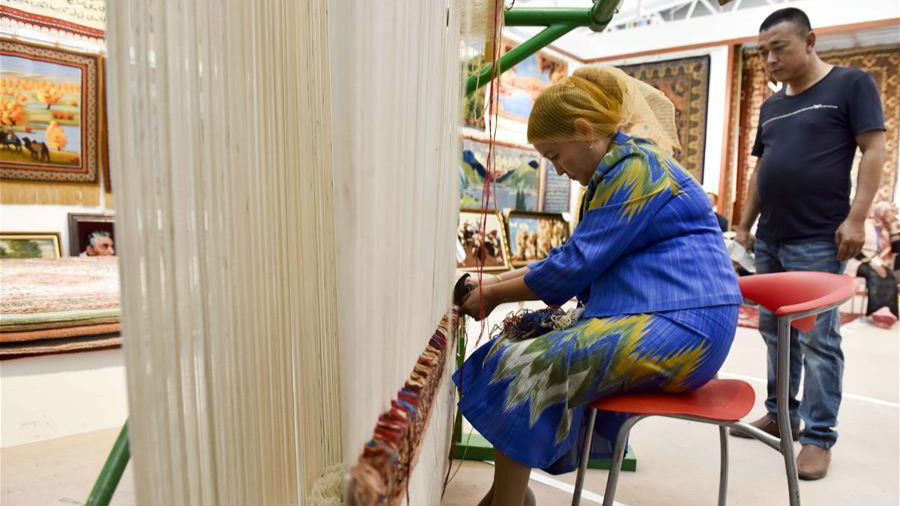
.jpg)


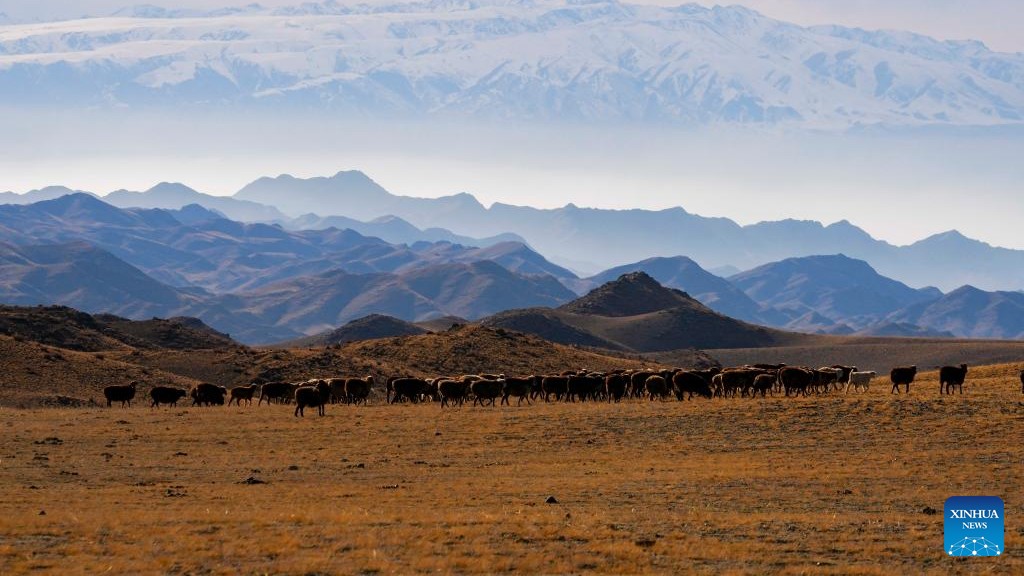






.jpg)


